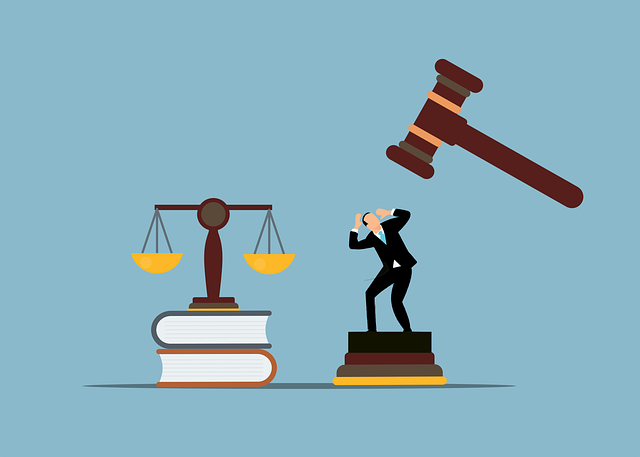If you find yourself drowning in case law and statutes while prepping for upcoming legal exams, and it seems like you’re going nowhere with it, you should probably change the way you study, with better and more efficient methods.
These methods are particularly useful for students who are starved for time and have to cover a great deal of syllabus material within a short period.
1. Embrace Active Learning
Active learning essentially means getting your brain onto the driver’s seat, instead of passively reading or sifting through the material.
This involves engaging with the said material via active learning techniques such as self-explanation, where you teach the content back to yourself, alongside summarizing different cases and laws into your own words, among other things.
You can also kick this up a notch by making use of tools such as flashcards to quiz yourself and creating flowcharts to make you more adept at recalling information under pressure, such as during an examination.
There are plenty of online resources to aid with this, with gamified options and mock tests for the bar, as well as comprehensive complete guide to the MPRE and its likes. These solutions help you take control of your learning, when simple efforts just won’t cut it.
2. Tackle the Tough Stuff First
As tempting as it may be to start with the easy topics, putting off the hard ones to a later point in time, this is a fundamentally flawed approach, one that can leave a big impact on your performance.
After all, the hard topics need more time and energy, and it makes no sense to deal with them after you’re all drained out. It is best to tackle the hard topics first thing in the morning when you are fresh, energized, and ready to take on the world.
This way you don’t tend to zone out when faced with a tough, or difficult-to-comprehend subject, and have the energy to wrestle through it. Once that’s done and dusted, you can then breeze through the easier topics, often with minimal effort.
3. Leverage Technology
There’s a treasure trove of apps and software out there designed to make legal studies a breeze. Platforms like Quizlet for flashcards or mind-mapping software can help you organize your thoughts and make connections between concepts.
Additionally, consider using legal databases and online resources to access the most current laws and case studies.
You must, of course, be mindful that technology is supposed to aid in your productivity, and not eat into your time and efforts all by itself. Context switching and app-fatigue are real issues, and students do tend to get caught up in them if they aren’t careful.
4. Practice With Past Exams
One of the most effective strategies is to practice with past exam papers. This familiarizes you with the format and timing of the exam and also highlights areas where your knowledge may be weaker. Make it a routine to tackle a past paper under timed conditions and then review your answers critically.
This not only builds your confidence, it helps you better assess where you stand vis-a-vis your curriculum, and the areas that you need to improve and focus more on. This is probably something that
5. Group Study Sessions
Studying in groups can be beneficial, especially when you’re struggling to grasp certain topics. Explaining concepts to others is a fantastic way to reinforce your own understanding. Moreover, group studies can expose you to different perspectives and techniques for handling legal problems.
However, the thing about group study sessions is that they most often never pan out the way you want them to. Too many cooks spoil the broth, and in the case of students studying for an exam, just a few is often too many.
Yet, working with people and solving difficult problems is why you might’ve wanted to become a lawyer in the first place, so do try and give this your best shot.
If you’re planning group study sessions, make sure to stay disciplined, keep proper goals in mind, and avoid any distractions. If things aren’t going well or you’re unable to focus, feel free to quit and get back to solo studies at any point.
6. Regular Breaks & Self-Care
Never underestimate the power of a break. Regular intervals of rest can prevent burnout and maintain your concentration levels high throughout your study sessions. This holds true beyond the world of exams and academics as well, even when you’re deep into building a successful law career.
Additionally, ensure you’re eating well, staying hydrated, and getting enough sleep. A well-rested mind absorbs information much more efficiently.
Here again, breaks and self-care can quickly become self-indulgent, with your brain craving for a break and refusing to do anything until then, and a break every few hours quickly becomes one every few minutes, following which it is difficult to focus again.
Conclusion
Remember, there’s no one-size-fits-all method when it comes to studying but implementing these strategies can definitely enhance your efficiency and performance in legal exams. Choose the techniques that best suit your learning style and watch your productivity soar.










